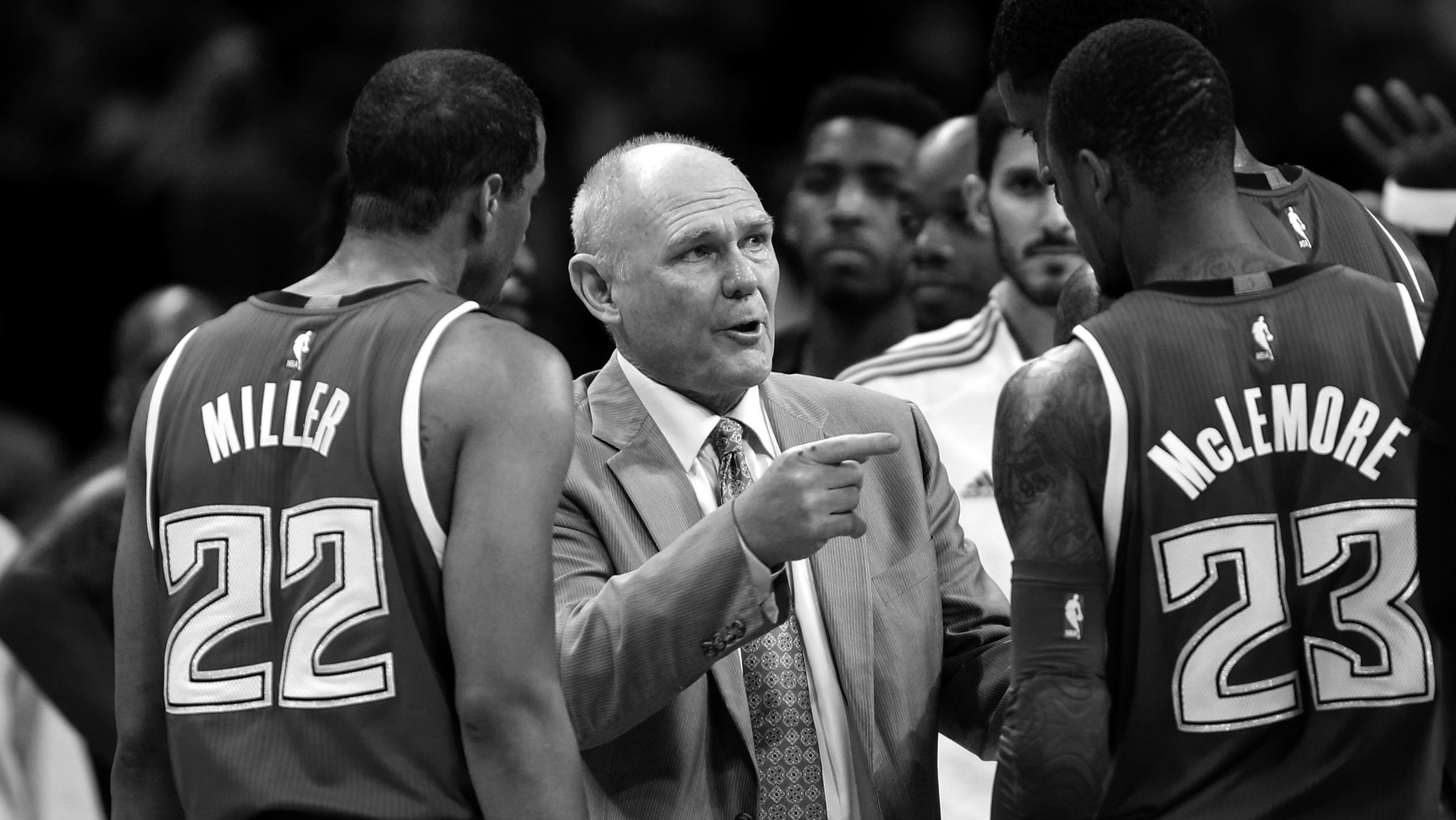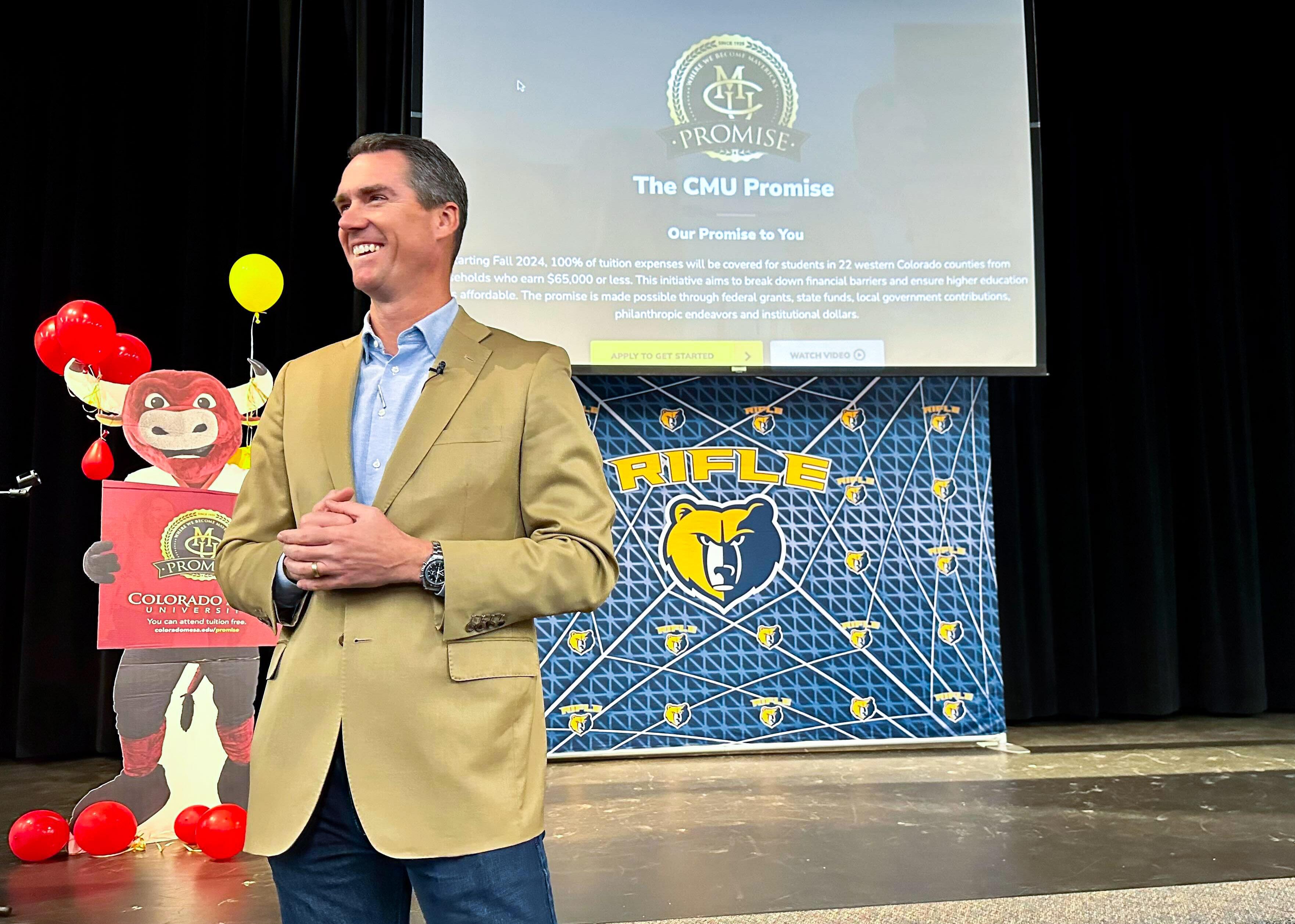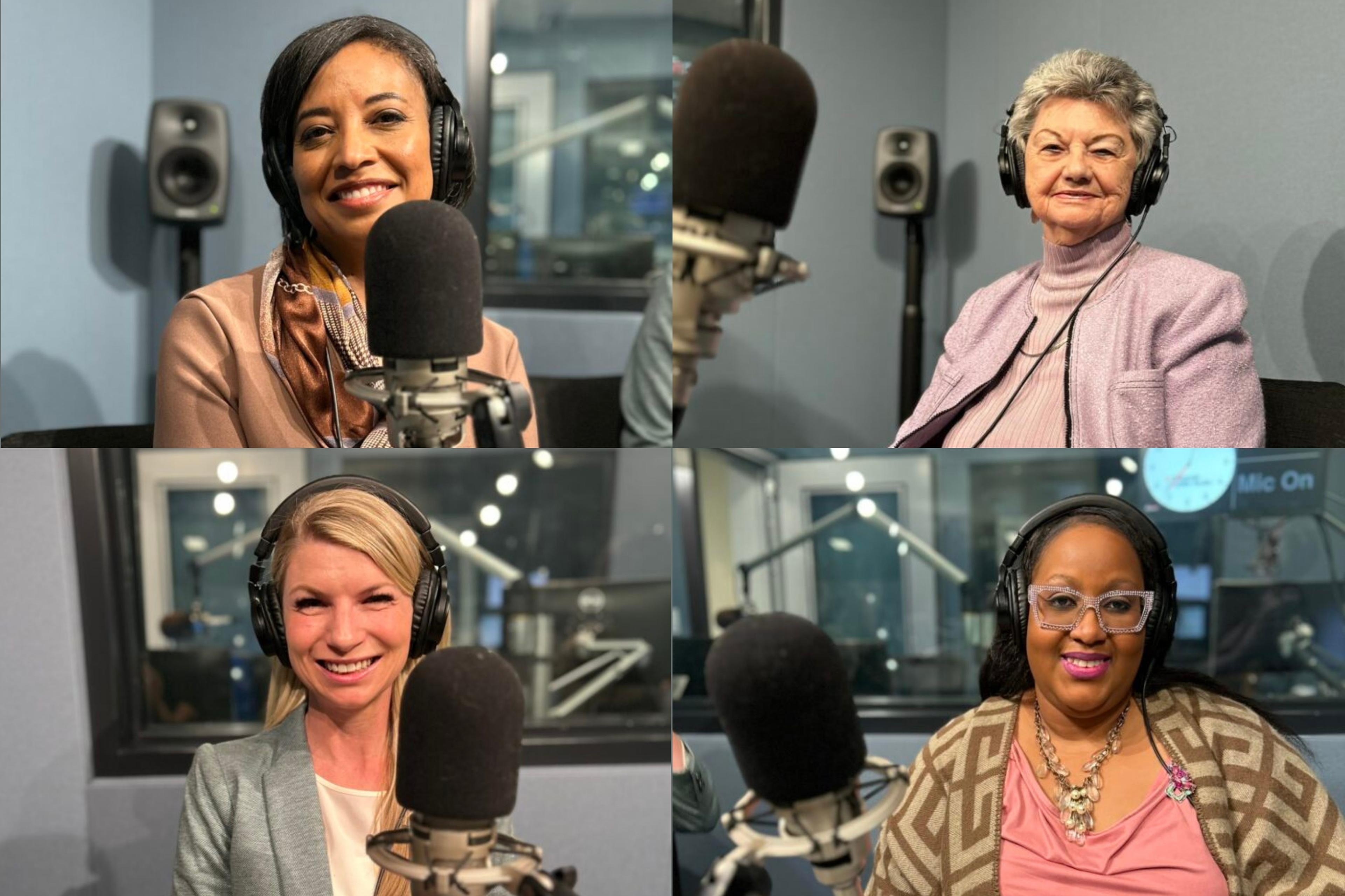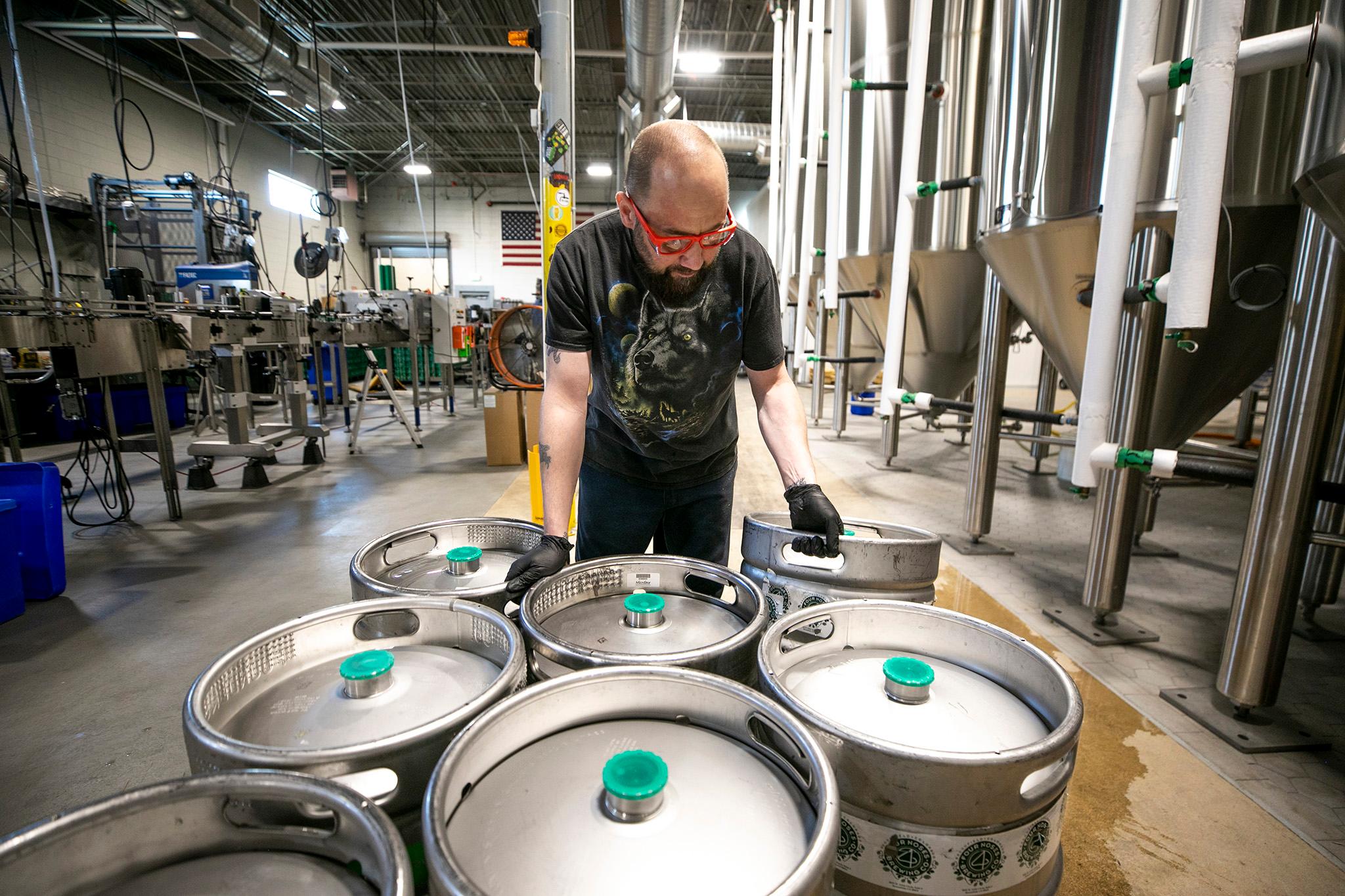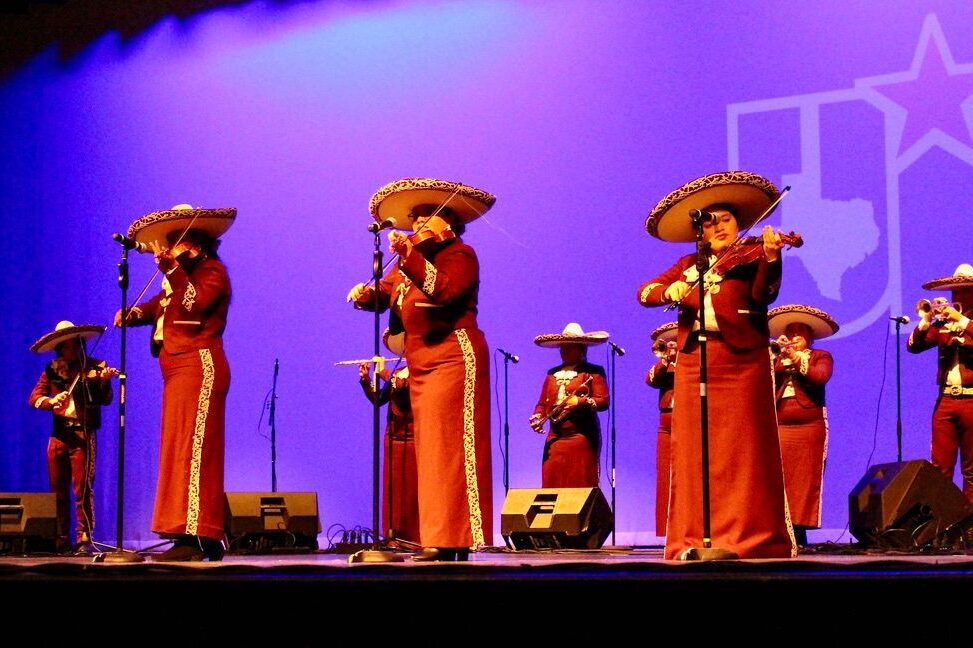I kicked a ball at a referee once. Kicked it hard. It was a cold night in a hot gym in January 1991. It was the
last three minutes of a CBA game in Knickerbocker Arena in
Albany, New York. We were playing the Oklahoma City Cavalry—remember
them? Neither do I. Anyway—although we were up by
about 20, I saw a serious problem, but the louder I yelled about it,
the more I was ignored. I’ve gotten a lot of techs in this situation, when at the end of a
blowout, the refs just want the thing over with, so they stop calling
anything. “Reffing the scoreboard,” I call it. That annoys me a lot,
because when I played in the NBA, “garbage time” was my time.
For a bench player like me, here at last was a chance to show the
coach how good I was. So while the arena emptied, I’d concentrate
all my effort and skill into my two or three minutes on the floor.
It made me mad as hell to get hacked but have the foul ignored
because the refs didn’t want to delay their postgame beer. This wasn’t one of those, not exactly. But a number of things
were bothering me—and I snapped. We missed a shot, OKC got the rebound, and our Ben McDonald
hustled back to play defense. Their Alvin Heggs got the ball, and took
it toward the rim from half-court with all the subtlety and finesse of
a bull running downhill. Ben had two full seconds to stand in the
paint and brace for the impact. Bam! Both players hit the floor.
“Blocking,” said Monty McCutchen, now an NBA game official. “Two shots.” What! I ran out on the court to put my face very close to Monty’s
while I told him that he’d just made the worst f’ing call I’d ever
seen, but he interrupted my tirade, by putting one index finger on
top of the other. “Technical foul, Coach Karl.” I kept going. “This is crap,” I said, “and not fair to players I’m
demanding to play hard and they’re not getting just calls from refs
who aren’t paying attention and—” McCutchen interrupted again. “Turn around and shut up,” he said. I didn’t do either. While still screaming at Monty, I noticed the ball rolling very
slowly toward us, and, without consciously deciding to do it, I tore
into that orange Spalding Model 74 with a soccer-style
kick, and I nailed it. Whomp. The ball flew over Monty’s head and 12 rows
deep in the upper deck. Our crowd cheered. I got my second technical
foul and was ejected. “It was forty-six-yard field goal, right up the middle,” said
Charley Rosen, the opposing coach, having fun with the writers
afterward. “But it’s easy to kick indoors. I want to see him do it
with someone rushing and a little wind.” Ha-ha. At our practice the next morning, the coach of the local Arena
Football League team showed up to offer me a job as a placekicker.
Ha-ha again. Okay, I know my goalie kick was childish, but it provided an
instant of relief, it made my point, the fine wasn’t too bad, and I
didn’t get suspended. As I mentioned, a few things had caused
my temporary insanity: mail-it-in officiating; the sudden absence
of Mario Elie and Vince Askew, our two best players, who’d left
for the NBA (Mario) and a pro team in Italy (Vince); and an early,
inconvenient tip-off in order to accommodate a college game later
in the evening. That’s the way it was in the minor league Continental
Basketball Association, the home of the ten-hour
bus ride. There was also something deeper and darker going on with me
back then. Twenty-five years ago, I was in my third year of being
blackballed from the NBA, and I was moving my family all over
the map so I could pursue my career. And even though the team I
was coaching in ’91 was in the midst of compiling the best record
in the history of pro basketball, my phone wasn’t ringing. I had a lot
to figure out, personally and professionally. I needed to harness
my passion for the game, a passion that had me kicking balls. Obviously, I needed to evolve, to find a better way to get along
in the world of games. But just as obviously, I needed to stay the
same, because my emotional approach to coaching basketball
worked. My teams won games. It was tricky. It’s still tricky. Maybe you’ve known someone like me, the maniac jock who’s
got to finish first, and maybe takes it too far. At Penn Hills (Pennsylvania) High School, the University of
North Carolina, and with the San Antonio Spurs, I dove for the
ball, took charges, and started fights. I was still the same guy
when I became a coach, and I gave up my body a second time. How well I learned to control myself is a matter of opinion. A
writer asked Ron Adams to analyze me in 2001, ten years after my
field goal. Ron, a very smart man, was then one of my Milwaukee
Bucks assistant coaches. “He’s a little bizarre,” Ron said. “But that
helps him. In every culture, a crazy guy gets respect because nobody’s
quite sure what he’ll do next.” I can’t help it: I go after my team in practice and off the court.
Nowadays I try to make my points gently, with happy sarcasm.
“Hey, man,” I might say in a cheerful voice. “You really sucked
last night.” But I haven’t always been so thoughtful. In my first
two NBA jobs, at Cleveland and Golden State, I took some pride in
treating everyone the same, in being unafraid to yell at the star as
loudly as I yelled at the last guy on the bench. I got fired from both
those jobs. Given another chance—eventually— I learned that
some people have to be handled gently, while others are secure
enough to hear the truth without sugarcoating. “JaVale,” I said to my center in Denver, “in another world, I
think you and I would be hanging out. But in this one, you don’t
play hard every night and you don’t work on your game and I can’t
count on you.” Time will tell if JaVale McGee listened, but some players just
can’t hear you. Money in the ears. What happens when you give a twenty-one-year-old $3 million
or $4 million for his first job? He gets an entourage. He has less
and less contact with people outside his group of helpers. He becomes
less and less of a role model. And he thinks I can’t tell him
what to do because he knows I’ve been told to play him twenty-five
minutes a game. JaVale, by the way, was making about $11 million a year when
we had our little talk. I’m not saying that insulated, immature players have too much
self-esteem. I think they hardly have any at all. They’re fearful
because they have so far to fall. As my detractors perceive it, I have two big weaknesses. The
first rap against me, the former garbage-time point guard, is that
I can’t coach a superstar. You may have read that I always fight
with any player good enough for a Gatorade endorsement. True,
over the years I’ve had some monumental public arguments with
a handful of high scorers. But almost without exception, the All-Stars
on my teams have had the best years of their careers when
I coached them. I don’t mind some tension; tension can be good.
And the NBA coach who can’t manage a working relationship
with his best players is not going to win enough games to last. Yet there’s always trouble when I have a player whose commitment
is to his numbers or his money or his brand—and
not to the team. Remind me to tell you about the time one of us kept the rest
of us Nuggets waiting in a bus under an arena while he got a postgame
massage. . . . When I call a guy like this on his selfish behavior,
when his ego is threatened, he’s got to show that he controls
me. A guaranteed contract much bigger than mine is his power. The other rap against me is that I talk too much. There’s a grain of truth in that, too. I’ve never been very good at
hiding my frustrations or burying my opinions. Writers like me
because I’m a good quote and clichés bore me (and them). This
has led to trouble. When I coached in Spain, the more Spanish
I learned, the less the club liked it. And I remember what the
Milwaukee Bucks owner told me when he was firing me: “With
all the media coverage we have, you’re too honest.” Senator Herb
Kohl (D, Wisconsin) said, “Your openness has been used against
you and against our organization.” I understand how I can bruise someone’s ego by being too
blunt, but when a player gets in trouble off the court, why can’t
we just say, “He got drunk last night and should take responsibility,”
instead of enabling him as if he’s a victim? When I’ve got
a player I’m not getting along with, management doesn’t want
me to say why. We won’t let the world know he’s got a bad attitude,
he doesn’t practice hard, and his teammates hate him. So
we spin. And our game gets covered with layer after layer of PR,
like too much frosting on a cheap cake. I’m not naive, but I think
that by burying conflict, we’re hiding the most interesting part
of our personality. Those two things—my insistence that even superstars must
play basketball the right way, and my big mouth when they don’t—have
led, I guess, to a couple of periods of unemployment. Intervals
of not coaching allowed me two stints with ESPN. And that led to this book. | 